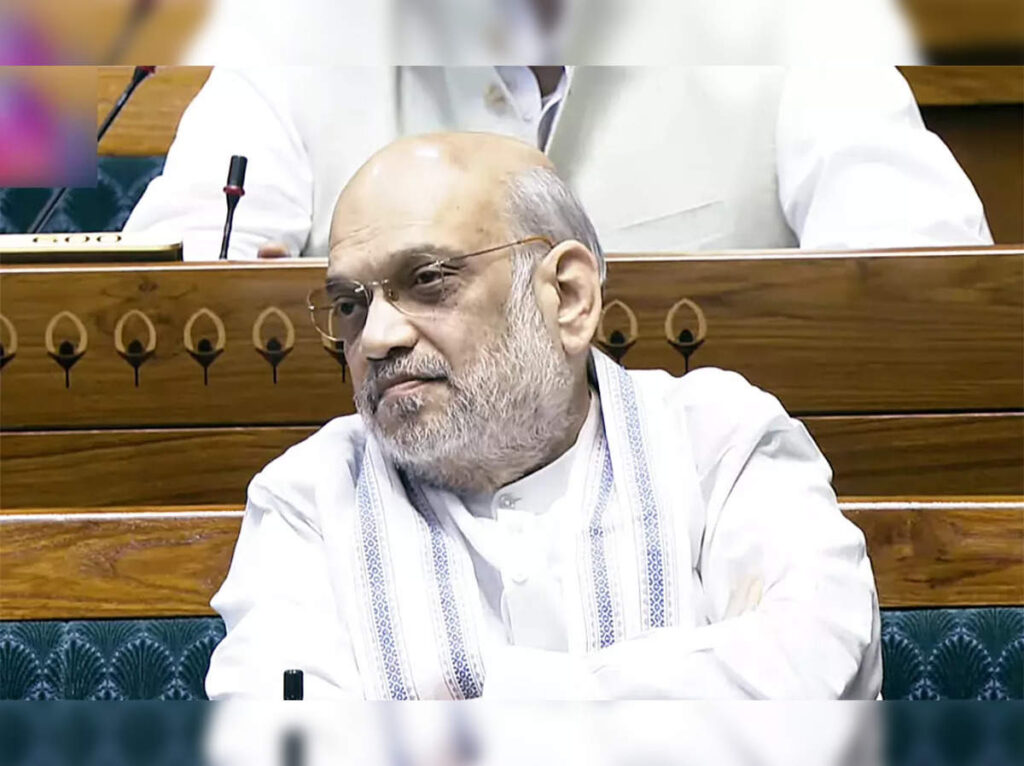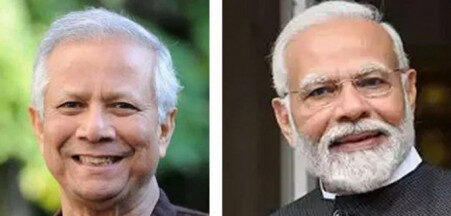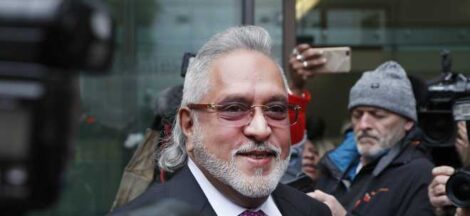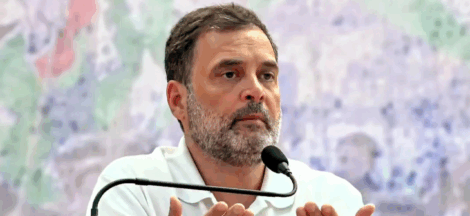Shah apologised to BJP functionaries for his inability to address them in Tamil, calling the language “one of the greatest languages of India” during a large rally in Madurai on Sunday. His opening words cut through campaign noise and framed the BJP’s growing efforts in Tamil Nadu.
His remarks came against the backdrop of an ongoing dispute between the central government and the state administration regarding the implementation of the three‑language formula under the National Education Policy. Chief Minister MK Stalin and Union Education Minister Dharmendra Pradhan have been locked in a war of words: Stalin accusing the Centre of seeking a Hindi imposition, while Pradhan defended the policy, stating it “upholds the principle of linguistic freedom”.
Shah utilised his speech to reinforce the BJP’s readiness to contest the DMK’s dominance in the upcoming 2026 state assembly election. He accepted Chief Minister Stalin’s assertion that he alone “cannot defeat DMK” and argued that victory would come through collective effort from the people of Tamil Nadu. Shah said, “It’s not me, but the people of Tamil Nadu will defeat you,” signalling a shift from individual leadership to grassroots mobilisation.
Beyond the headline-grabbing apology, Shah sought to reinforce his argument with numerical support. He claimed the central government had released ₹6.80 lakh crore to Tamil Nadu over the past decade, aiming to counter DMK rhetoric that framed the Centre’s language policy as coercive.
The timing of his remarks—just ahead of the 2026 elections—underscores how language politics remain a strategic tool in Tamil Nadu. The state has experienced anti-Hindi agitations in 1965 and again from 1937 to 1940, underpinning the deep-rooted sensitivities that accompany attempts to introduce Hindi. Shah’s apology can be seen as a deliberate move to decouple the party’s image from perceived linguistic homogeneity.
State BJP president Nainar Nagenthran, speaking at the same event, said Madurai was chosen for its auspicious history. He rejected suggestions that the BJP intervened in PMK’s internal disputes or was negotiating with smaller parties ahead of 2026. Still, the party is clearly pursuing alliances, including with AIADMK, as part of a broader campaign to unseat the DMK.
Several analysts suggest the apology was more than a rhetorical device—it was a carefully calibrated gesture to reassure voters. Tamil Nadu’s electorate has proven sensitive to questions of cultural identity, prompting the BJP to adapt its messaging. Critics argue that unless the party demonstrates consistent respect for Tamil language and culture, such overtures may ring hollow.
Questioned on NEP-related controversies in March, Stalin accused the Centre of using funds as leverage over language reform debates, warning Tamil Nadu was prepared to resist what he called “Hindi colonialism”. The Bakground tension amplifies the significance of Shah’s apology: it seeks to neutralise accusations of cultural insensitivity and present the BJP as a respectful interlocutor.
Observers note that the apology aligns with BJP’s strategy across other non-Hindi states, where leaders employ regional language greetings and cultural references to build local credibility. Yet for many Tamil voters, authenticity counts: the gesture may be polarising if not backed by policy.
Shah went further, urging cadre to push for BJP-AIADMK’s victory in 2026. “NDA government of the BJP-AIADMK alliance will be formed here in 2026,” he declared, pledging sustained engagement in Tamil Nadu. The BJP’s overtures underscore its long-term ambition in a state once considered impenetrable by the party. Tamil Nadu’s political space has been predominantly the arena of Dravidian parties, with both AIADMK and DMK shaping its trajectory for decades.
The apology also takes root in broader historical roots. The anti-Hindi agitations, particularly of 1965, deeply shaped Tamil Nadu’s language policies and forged enduring cultural pride. Rising student protests in the mid‑1960s forced New Delhi to postpone plans for Hindi as the sole official language. That turbulence continues to echo in today’s politics.
Shah’s symbolic gesture may resonate more if followed up with sustained institutional support. Tamil medium institutions, translation grants, cultural programmes and language-sensitive policymaking could substantively deepen the impact of his apology.
As assembly polls approach, the BJP’s efforts to cultivate sentiment in Tamil Nadu have intensified. Sunday’s rally, at the historic Meenakshi temple, was a tactical move aimed directly at local pride. Whether it translates into electoral gains will depend on the BJP’s ability to complement cultural ceremony with concrete action.
Naval programmes to support Tamil language preservation, targeted investments or formal guarantees on three-language implementation could offer substance to style. At present, advisers say, the apology is a compelling starting point—but the real test lies ahead, in policy delivery and attitude.




 Mallya Asserts He Warned Jaitley Before Departure
Mallya Asserts He Warned Jaitley Before Departure 